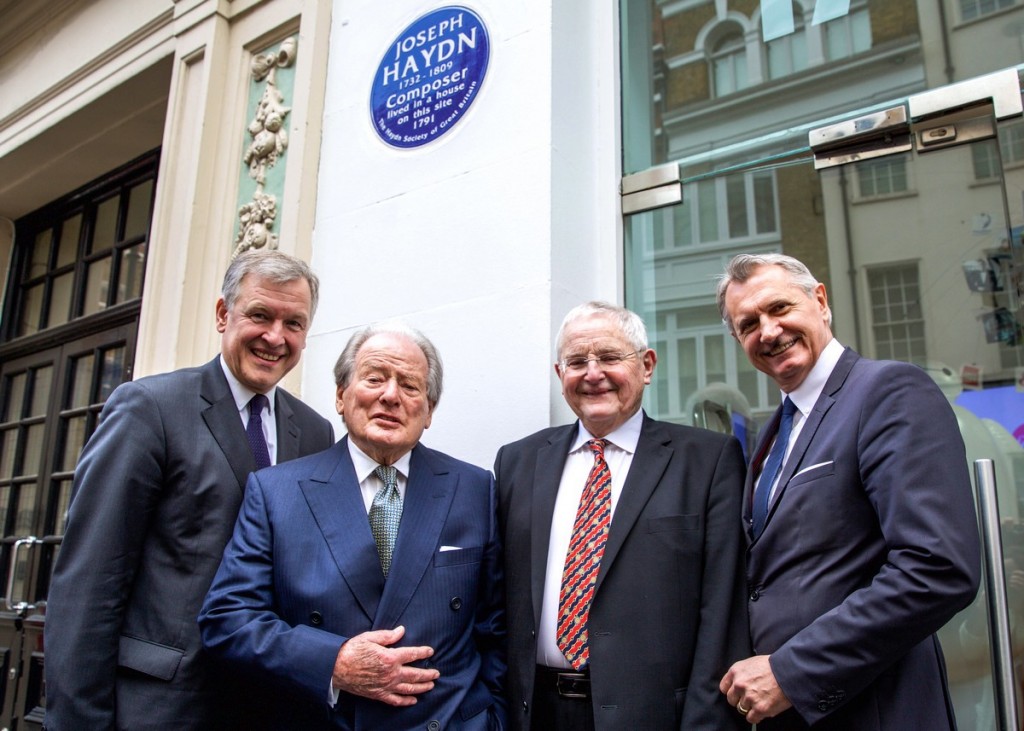
Peter Cropper, image via The Strad
Director Denis McCaldin writes following news of the death of Peter Cropper.
“Peter Cropper, founder/leader of the Lindsay Quartet and a member of the Haydn Society’s Committee of Honour, has died aged 69. The Lindsays (as they chose to be called) established their reputation through their performances Haydn’s chamber music, and later with the quartets of Michael Tippett.
After leaving the Royal Academy of Music in 1967, where they had been coached by Sidney Griller, the quartet rapidly aquired an international recognition. But rather than touring world-wide, Peter Cropper’s love of the north of England led him to secure residencies for the group at Keele, Sheffield and Manchester universities.
Artistically, Peter Cropper was a daring risk-taker, both in repertoire and in interpretation. ‘I don’t say it was always immaculate,’ he once said of the quartet’s performing style. ‘Who wants perfection? Perfection is sterile. We’re human beings.” For many, this was a refreshing change of attitude for audiences brought up on the sleek, polished recordings of the Amadeus and the Beaux Arts Trio.
As the pianist Martin Roscoe, who partnered him in many sonata and trio concerts has said. ‘Peter was completely fearless. He took huge risks all the time, to get to the bottom of the music in terms of its character. He was inspirational.’”




 Director Denis McCaldin writes following news of the death of John McCabe.
Director Denis McCaldin writes following news of the death of John McCabe.